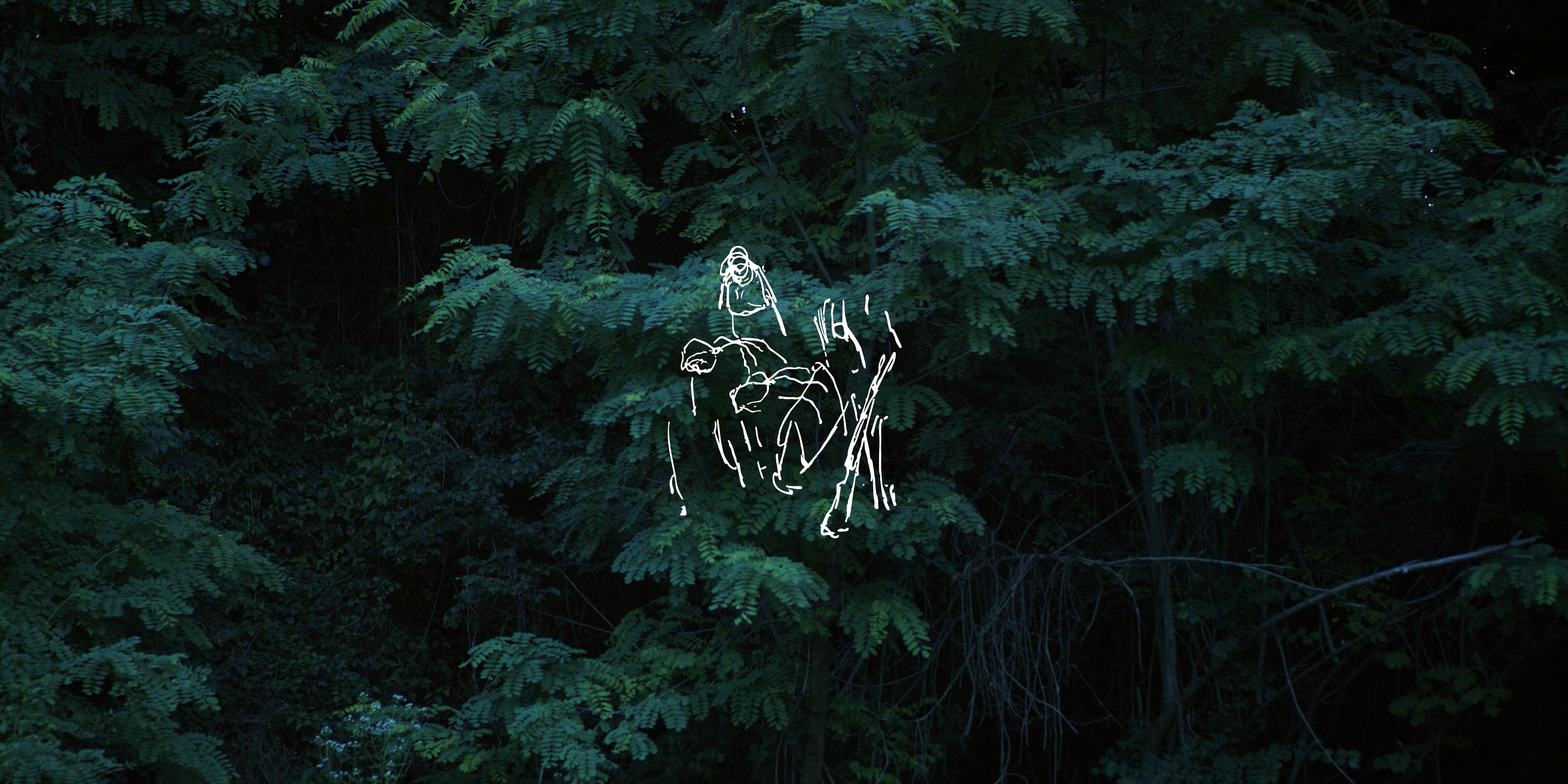As part of HWP Chapter 1: Feminist Storytelling by Ana Vujanović & Marta Popivoda
Two public lectures by Ana Vujanovic and Nikita Dhawan
May 12 & 16, 2022
The lectures will be held online
Registration links below
Landscape Dramaturgy: A Space Populated with Perspectives
A public lecture by Ana Vujanovic
Thursday, May 12 at 4:30–7 PM (Beirut time, GMT+3)
This lecture examines how the experimental spatiality of landscape performances and films can be organized beyond the Western paradigm of the one-point perspective. Ana Vujanovic will draw from Hubert Damisch's thesis that this perspective is not simply a visual regime of representation but 'a model of thought,' and present alternative proposals from contemporary art. Abandoning the paradigm of one-point perspective leads us to several new possibilities. In eco-feminist terms, we open the space to analyze the correspondence between capitalism's exploitation of the female body and nature (Maria Mies, 1993). In artistic terms, we are given tools to problematize the traditional landscape oil painting on canvas, where land is staged for the viewer as 'scenery.' Eventually, we can supersede the Western idea of landscape, which has human inhabitation as its ultimate purpose. Landscape dramaturgy emerges here as a weak concept, a metaphor with a strong epistemic rationale, grounded in rethinking the position of human individuation and individuals in the world.
Register for the public lecture with Ana Vujanovic here.
Transnational Feminism and (Im)Possible Solidarities
A public lecture by Nikita Dhawan
Monday, May 16 at 4:30–7PM (Beirut time, GMT+3)
In recent discussions on gender justice, there has been increased focus on transnational feminist networks as facilitating “solidarity across borders.” In the face of growing global interdependence, the hope is that a transnational citizen’s movement could potentially galvanize global co-operation in overcoming gender violence and promoting gender equality. In this lecture, Nikita Dhawan argues that while new modes of collective agency can emerge by drawing on gendered vulnerability as a site of political agency, “global sisterhood” can inadvertently also function as a technology of neoliberal governmentality. Against this background, her talk will critically engage with the prospects and limits of global gender justice from a postcolonial perspective.
Register for the public lecture with Nikita Dhawan here.
Read more about the program and the seminar here.









